More Americans Are Saying No to Even “Moderate” Drinking

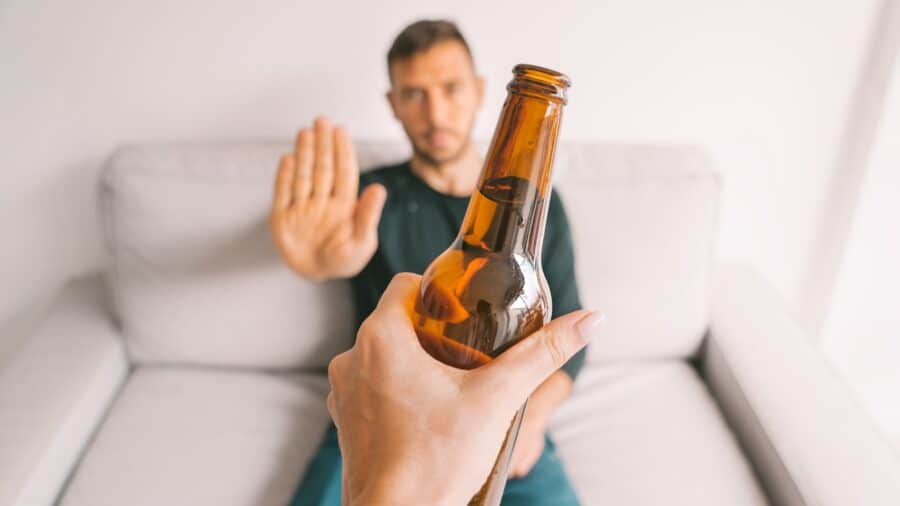
It used to be that moderation was the golden rule when it came to alcohol.
Enjoy a glass of wine here, a cocktail there, and you’re fine. But today, more Americans are walking away from alcohol entirely, even in small amounts.
Health warnings, cultural shifts, and lifestyle choices are all part of the story. And with more alternatives than ever, saying no to alcohol doesn’t mean missing out on the social experience.
Health Research Driving Change
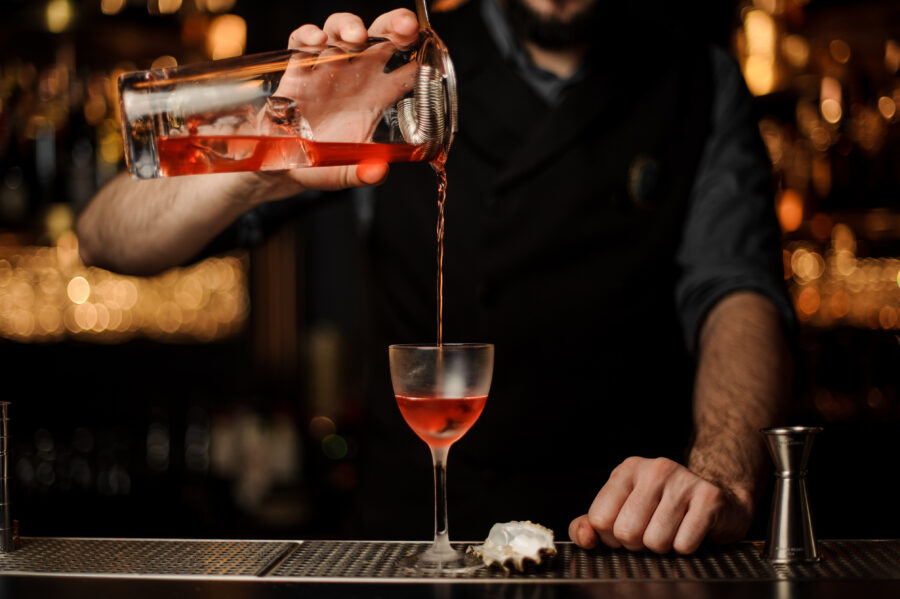
Science is one of the biggest factors behind this shift. Recent studies suggest that even light or moderate drinking, once thought to be safe, may increase risks of cancer, liver strain, and heart problems. Add in new findings about disrupted sleep and brain health, and many people are rethinking whether that nightcap is worth it. The message from experts is clear: no level of alcohol is entirely “risk-free.”
Generational Shifts
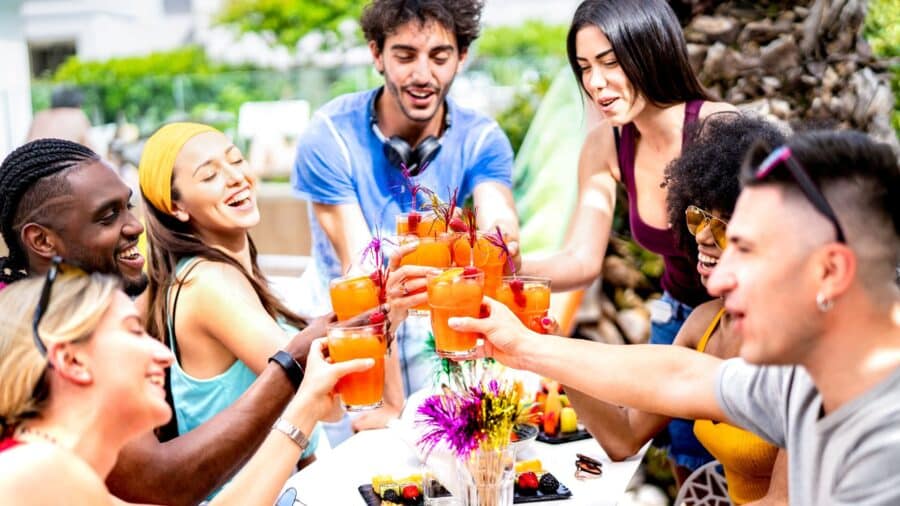
Younger generations are leading the way in drinking less. Gen Z and Millennials, in particular, are more health-conscious than Boomers and Gen X were at their age. They’re choosing experiences, wellness, and financial security over heavy nights out. Surveys show that many young adults actually feel proud, not pressured, when they pass on alcohol, marking a big cultural shift.
Mental Health Priorities

It’s not just about physical health. More people are recognizing how alcohol can worsen anxiety, depression, and stress. For those focusing on therapy, mindfulness, or better sleep, drinking less—or not at all—fits right in. Mental clarity and emotional balance are becoming just as important as avoiding hangovers.
Changing Social Norms

Not long ago, saying “I don’t drink” might’ve raised eyebrows. Now, it’s more widely accepted and even celebrated. Social events are increasingly inclusive of non-drinkers, and the stigma of skipping alcohol has eased. In fact, many now see abstaining as a confident, intentional choice rather than something unusual.
Non-Alcoholic Alternatives on the Rise
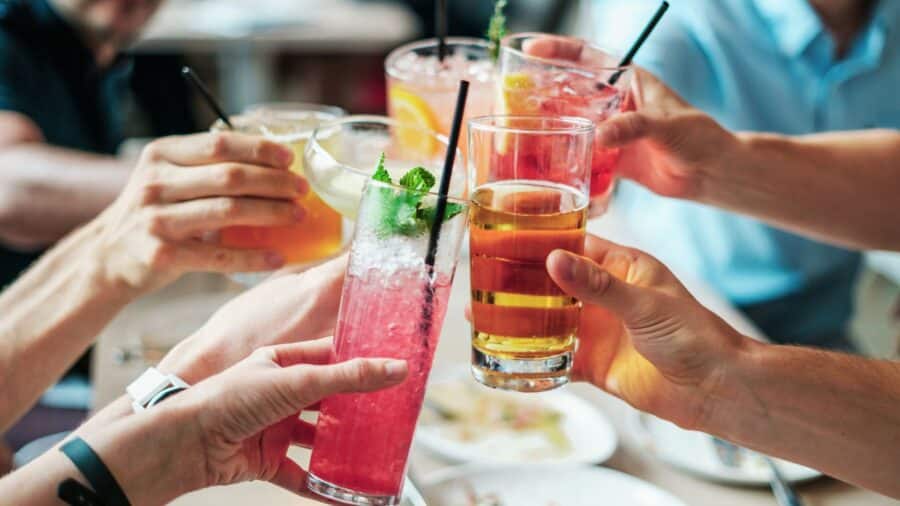
The growing variety of non-alcoholic options is making the shift even easier. From alcohol-free beers and spirits to creative mocktails and “sober bars,” people can still enjoy the ritual without the buzz. This boom has made not drinking more fun, social, and accessible, so it doesn’t feel like missing out.
Financial Considerations
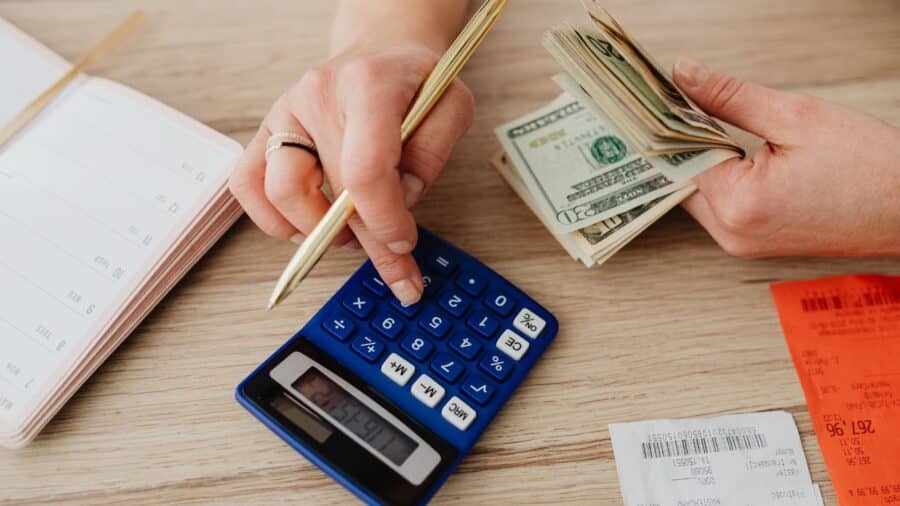
With prices rising everywhere, many people are cutting back on alcohol simply to save money. Skipping that glass of wine at dinner or rounds at the bar can add up quickly. For families and young adults alike, alcohol is becoming an expense that’s easier to cut than other essentials.
Workplace & Productivity Culture
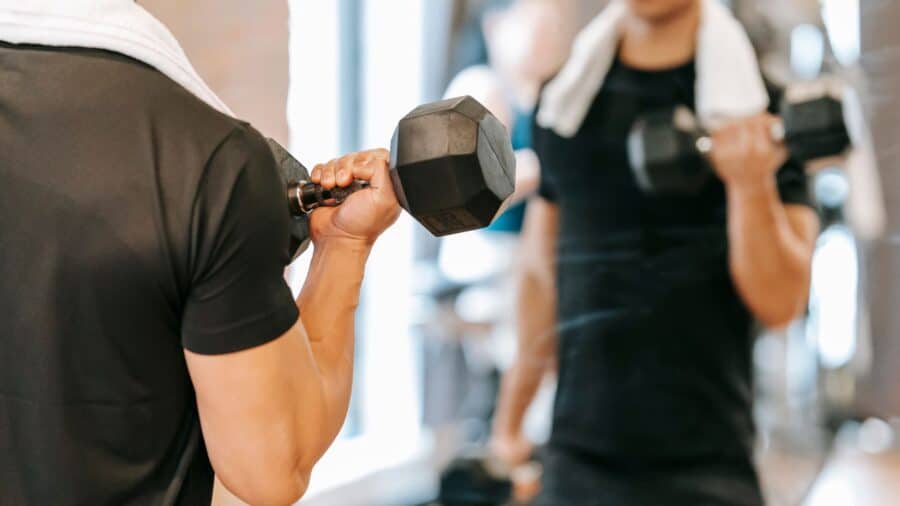
Another factor? Hustle and wellness culture. Many workplaces now emphasize productivity, mindfulness, and fitness—values that don’t pair well with hangovers. Whether it’s getting up early for the gym or starting the workday clear-headed, alcohol doesn’t fit the performance-focused lifestyle many are striving for.
Post-Pandemic Reset
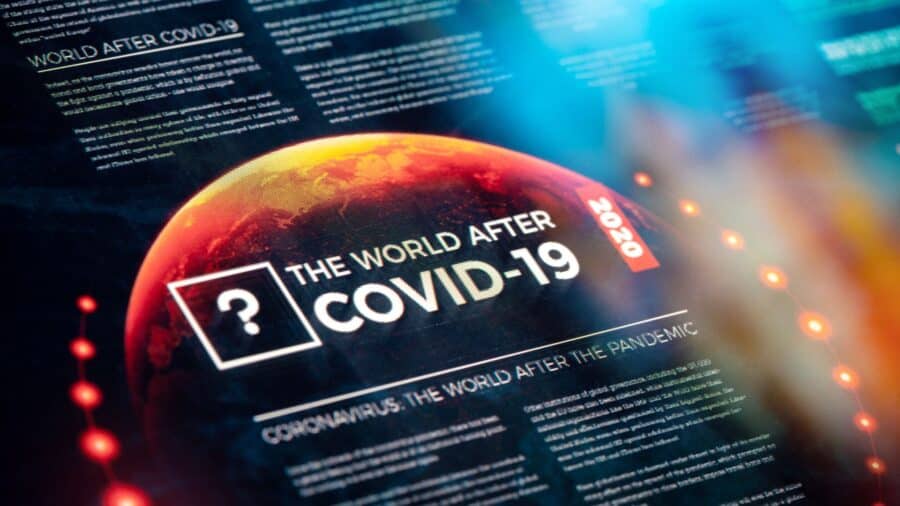
The pandemic forced people to reflect on habits, and drinking was one of them. While alcohol sales initially spiked during lockdowns, the years that followed saw many reevaluate the role of alcohol in their lives. For some, cutting back or quitting entirely was part of a broader health reset after such a stressful period.
Lifestyle Shift, Not Just a Trend
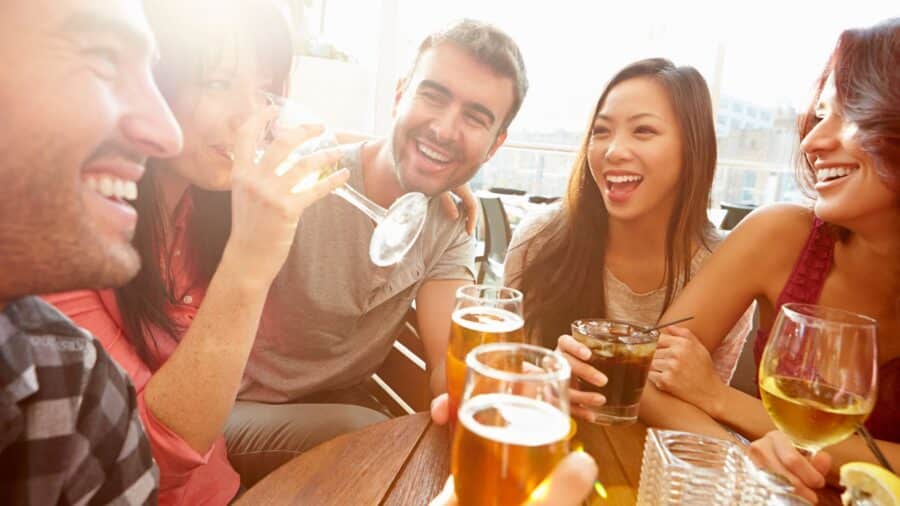
What we’re seeing isn’t just another wellness fad—it’s a cultural reset. Americans are approaching alcohol with fresh eyes, recognizing that even moderate drinking isn’t as harmless as once thought. Whether it’s for health, money, or peace of mind, saying no to alcohol is becoming a confident choice. And with so many alternatives on the table, skipping the drink doesn’t mean skipping the fun.
Looking ahead, this shift could set up future generations for healthier, more mindful relationships with drinking, or even none at all. And given the growing support for sober lifestyles, it’s a change that feels less like a passing trend and more like a lasting cultural move.
